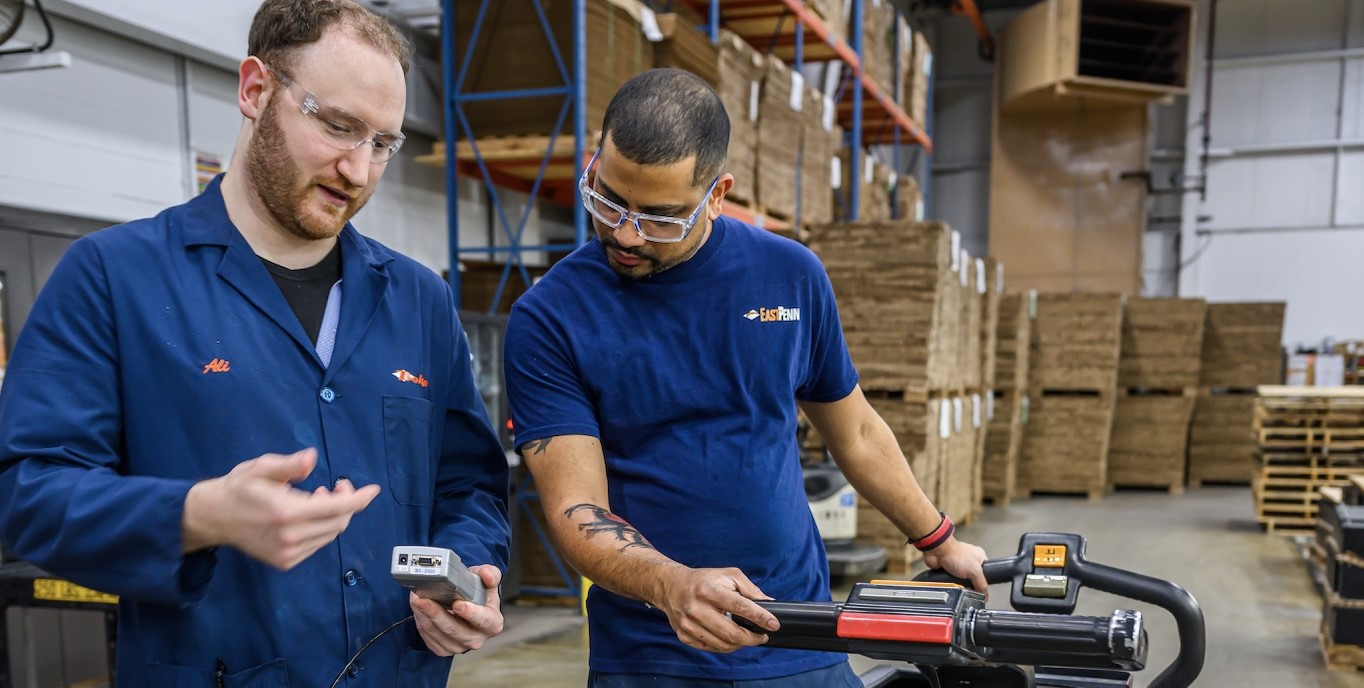As the lead battery recycling industry continues to advance, companies across North America are investing in the next generation of leaders. From cutting-edge recycling processes to rigorous health and safety standards, this industry thrives on continuous improvement, and that includes developing people. ABR member companies are taking a proactive approach to supervisory training by identifying talent within their current workforce and equipping them to lead.
The Association of Battery Recyclers (ABR) and its members are committed to sharing knowledge that continuously improves the industry’s sustainable recycling practices, employee health and safety goals, and environmental protection standards. In this spirit of collaboration, ABR hosts regular meetings that allow members to learn from industry peers through presentations covering technical, industry, and regulatory topics. The recent ABR meeting featured a panel discussion focused on building supervisory talent from within, a critical strategy for maintaining operational excellence and innovation.



